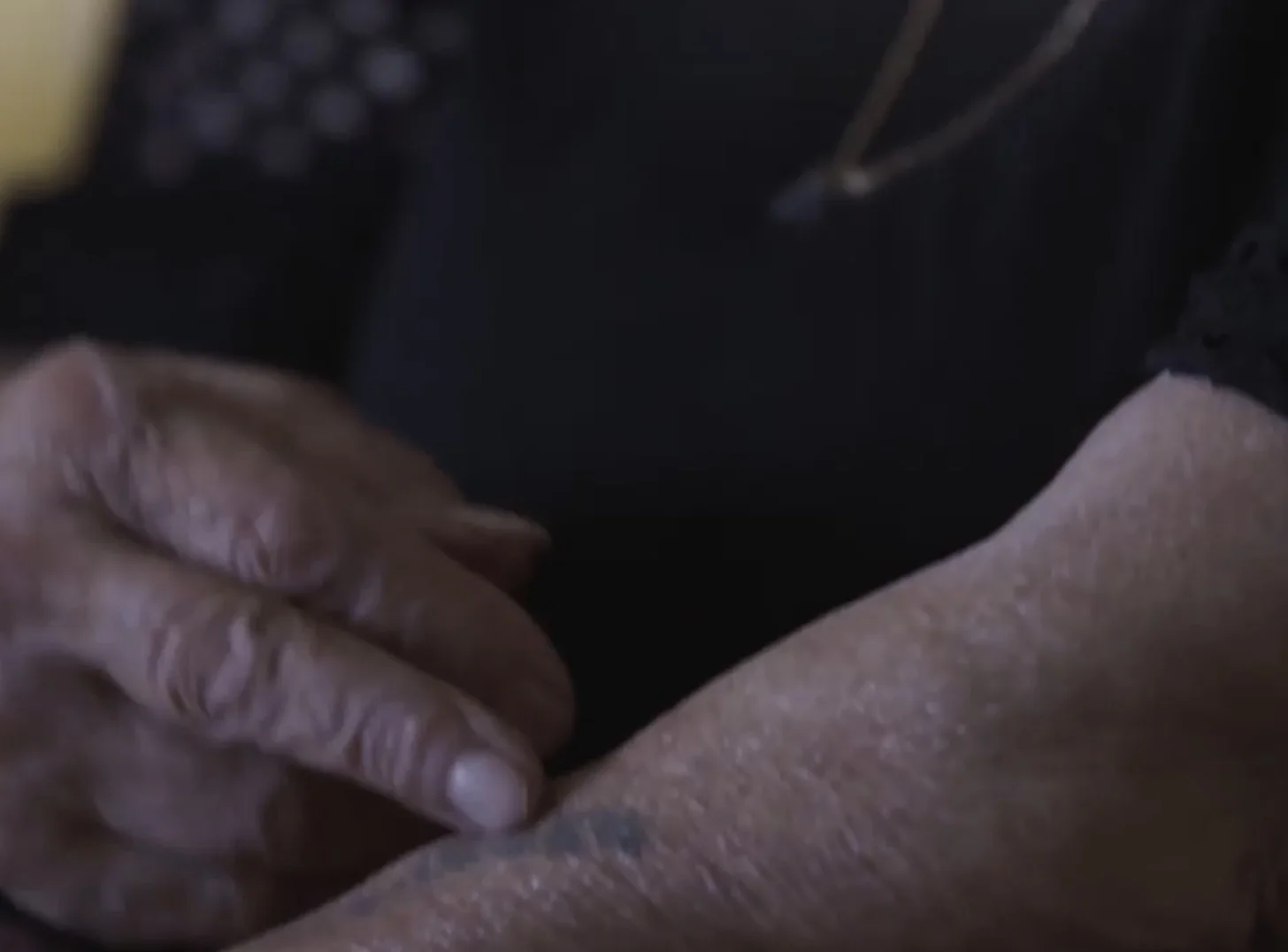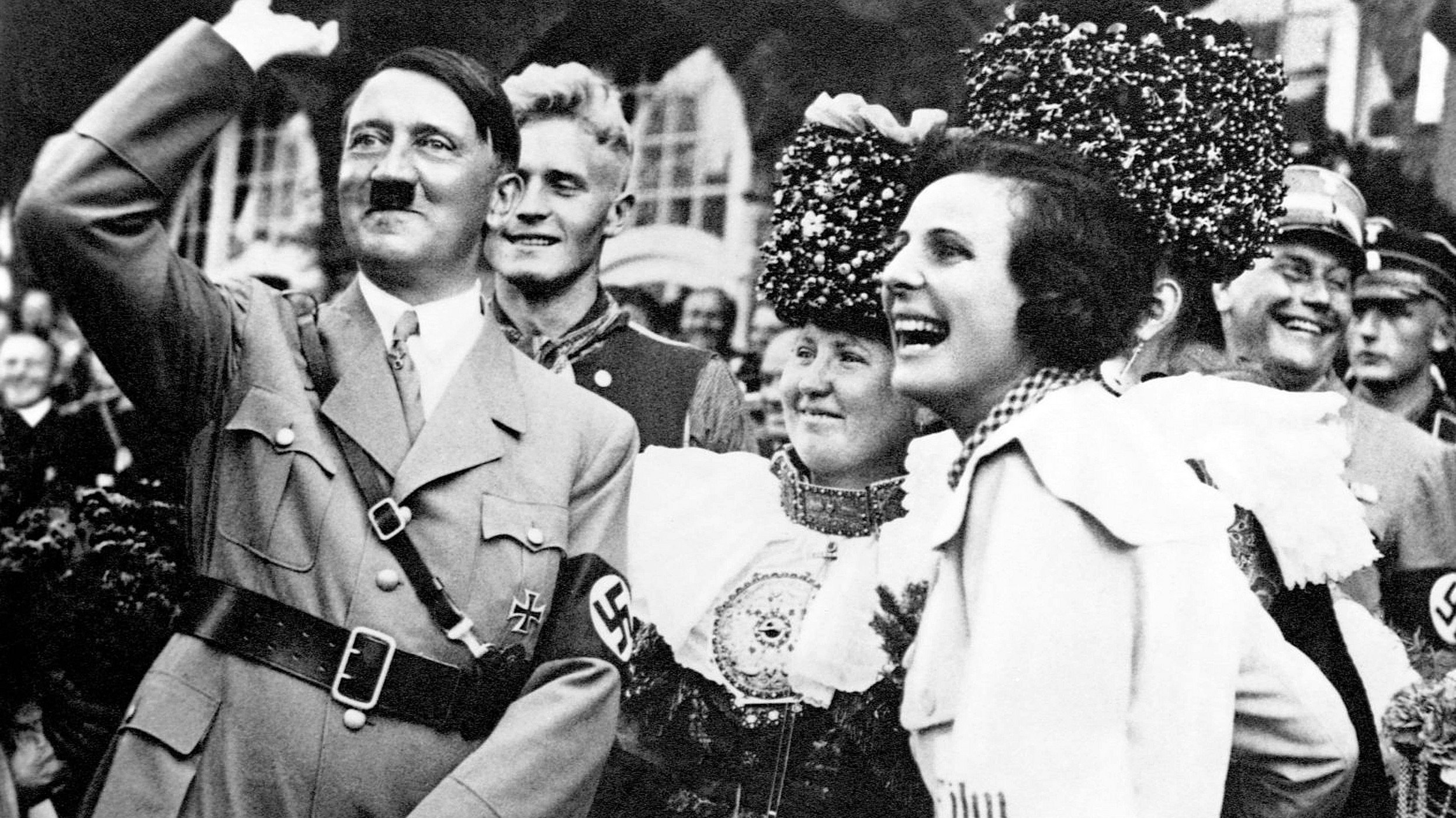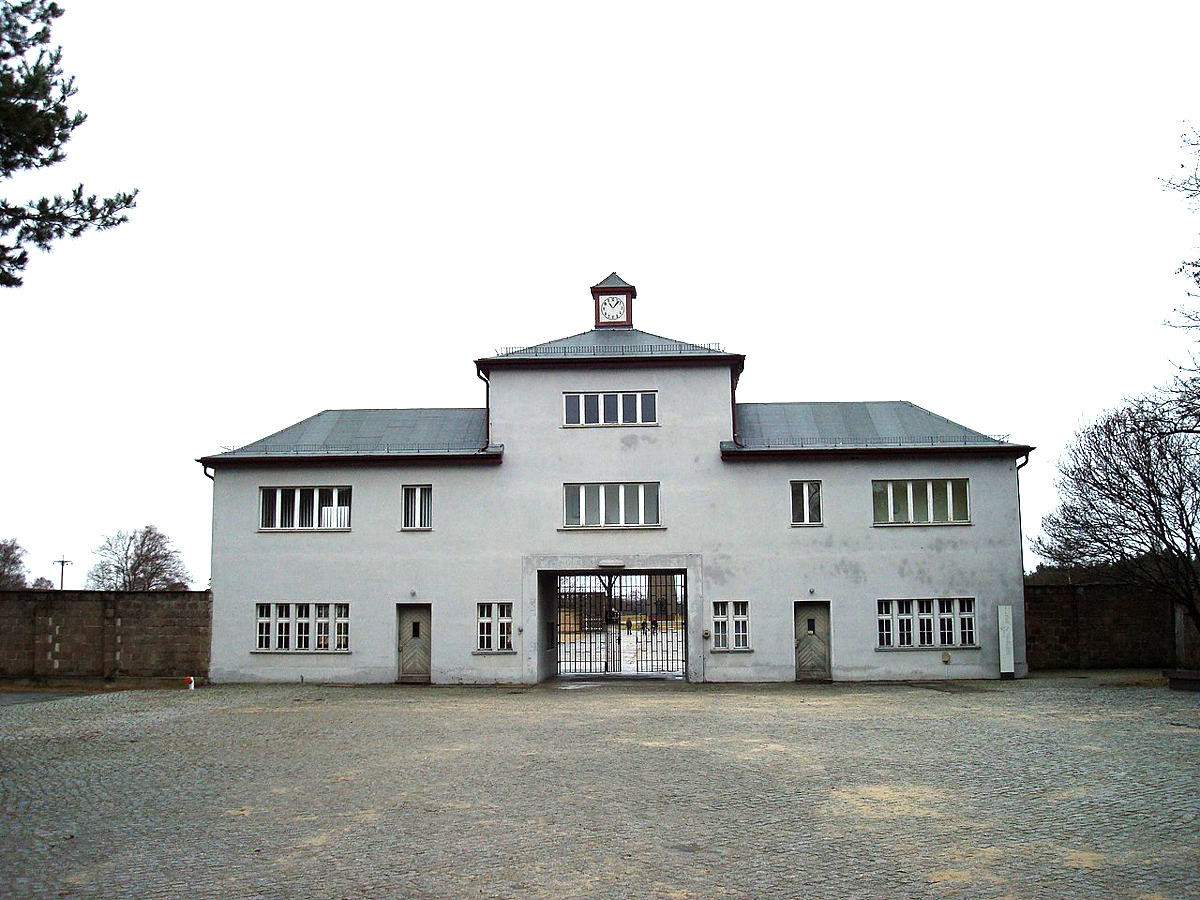The feature film “Till the End of the World” tells about the relationship between a German pensioner and a young Rrom who recently immigrated to Germany. In the beginning, the woman has major reservations about the Rroma who moved into her house. However, her prejudices are increasing changed after she meets a young, extremely musically talented Rrom. Despite the desire to portray the Rroma as differentiated and unbiased as possible, the film is not without clichés: “The widow Maria Nikolai (Horbiger) dares barely to go out the door, since more and more foreigners live in her neighbourhood, especially Roma refugees in her house which she regards as riffraff. But as it is: When shopping, her wallet falls out of her pocket – and it is the Roma boy Bero (Samy Abdel Fattah), which brings it back to her. When he later finds shelter in her apartment from extreme right-wing thugs, the pensioner recognises his musical talent. The music-loving woman encourages the boy, meets his family and can overcome some of her prejudices. […] Of course, the film does not address the problems and biographies of all Roma in Germany. At the heart is the situation of a refugee family that suffers from poverty, their cramped living situation and back-breaking jobs. […] And that the boy can play the accordion so beautifuly, is ultimately a decision for a cliché” (Sakowitz 2014). In Germany, according to assessments of the Foundation Rroma, there are an estimated 110,000 to 130,000 Rroma. Before the Nazi genocide, there were much more. Many have lived in Germany for generations, speak fluently German, have a job and send their children to school. They are the proof that the prejudices about the minority do not correspond to reality (compare Gangloff 2014, Hupertz 2014, Schilling-Strack 2014).
- Gangloff, Tilmann P. (2014) Inseln des Glücks. In: Frankfurter Rundschau online vom 17.11.2014. http://www.fr-online.de/tv-kritik/-bis-zum-ende-der-welt—ard-inseln-des-gluecks,1473344,29063780.html
- Hupertz, Heike (2014) Wen man im Treppenhaus so alles trifft. In: Frankfurter Allgemeine Zeitung online vom 17.11.2014. http://www.faz.net/aktuell/feuilleton/medien/fernsehfilm-bis-zum-ende-der-welt-im-ersten-13266617.html
- Sakowitz, Sven (2014) Die Oma und die Roma. In: Die Tageszeitung (TAZ) online vom 17.11.2014. http://www.taz.de/Themenwoche-Toleranz-bei-der-ARD/!149591/
- Schilling-Strack, Ulrich (2014) “Bis zum Ende der Welt” ist das Glanzstück der Toleranzwoche. In: Der Westen online vom 17.11.2014. http://www.derwesten.de/wp/kultur/fernsehen/bis-zum-ende-der-welt-ist-das-glanzstueck-der-toleranzwoche-id10045644.html






